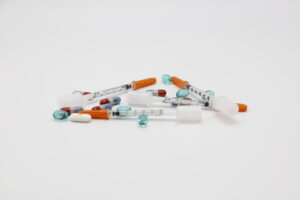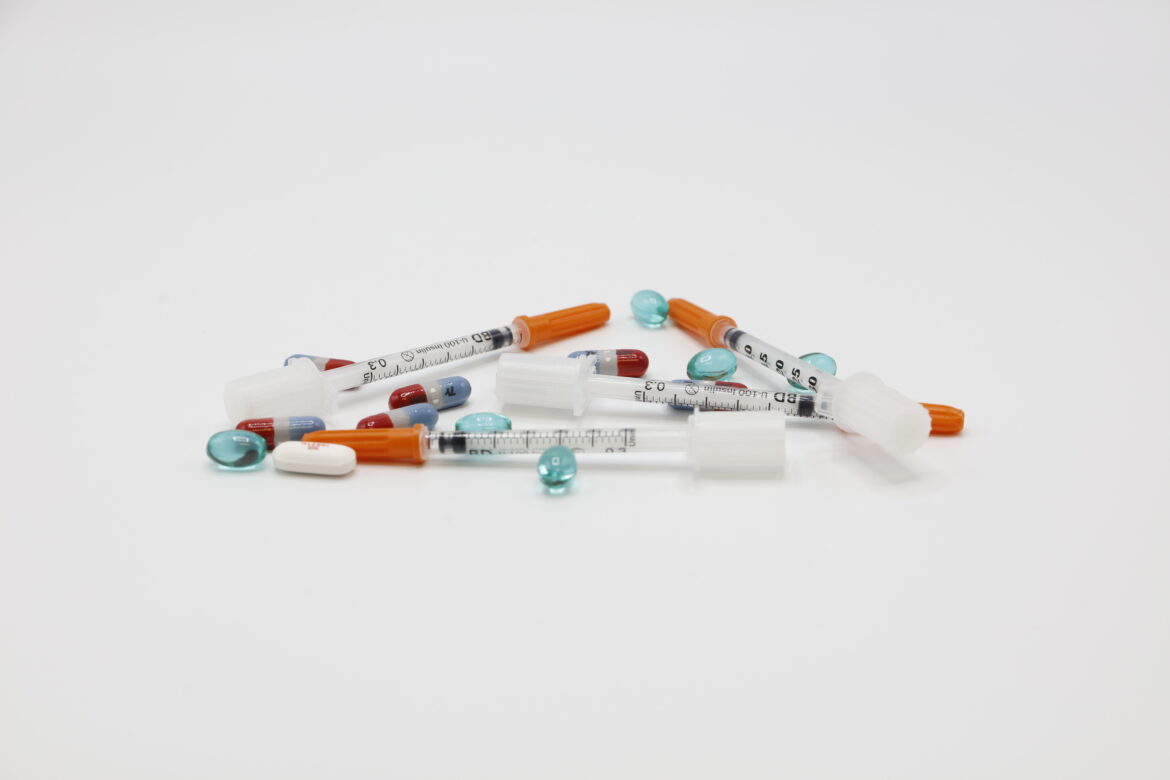Harm reduction is an approach to addictive substance use that recognizes that people may not be able to abstain from drug use fully, and it provides services like clean syringe distribution and medication-assisted treatment with that approach in mind.
However, addiction is a complex condition that requires specialized treatment in a professional facility.
Having a Harm Reduction Center on campus may inadvertently send a message that risky behaviors, such as drug use, are acceptable as long as they are done safely. This could potentially encourage experimentation with substances among students.
According to the article, Harm Reduction: A Misnomer, written by Nicholas B. King, promoting harm reduction centers as utilitarian should not be justified.
“This fact—that the objects of harm reduction programs are chosen according to value-laden criteria, and not on the basis of dispassionate calculations of overall benefits and costs—is the first clue that the moral imperative behind harm reduction programs is anything but utilitarian,” King said.
College resources, including funding and personnel, are limited. Allocating these resources to a Harm Reduction Center could potentially divert crucial funds away from academic programs, mental health services, and other essential areas that contribute directly to the overall well-being and success of students.
Design for Change, which works with people in recovery, wrote on its blog about some of the disadvantages of having a harm reduction center.

“Only a professional addiction treatment program has the expertise and integrated treatment approach to fully address co-occurring disorders,” Design for Change said. “Without proper treatment in an evidence-based treatment program, full recovery is unlikely.”
Instead of Harm Reduction Centers, Pierce might consider enhancing prevention and counseling services to address the root causes of risky behaviors.
Integrating mental health support with drug abuse prevention creates a more comprehensive approach to student well-being. These programs can address the interconnected nature of mental health and substance use, offering holistic care for students facing these challenges.
It is essential to understand why students are finding comfort in using drugs or alcohol as a coping mechanism.
If college campuses offered mental health enhancement programs we could dive deeper into the cause. In addition, the programs could also have free therapy sessions that students can utilize when they need someone to talk to.
According to the California Department of Education,“Providing mental health services in a school-based setting helps address barriers to learning and provide support so that all students can achieve in school and ultimately in life.”



